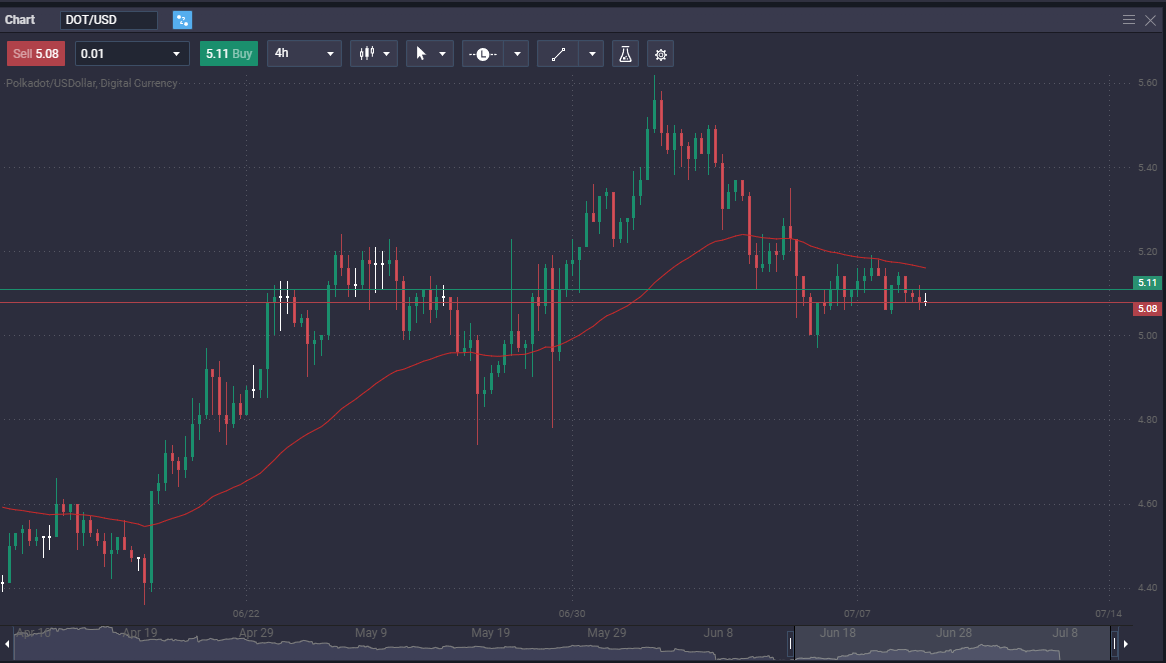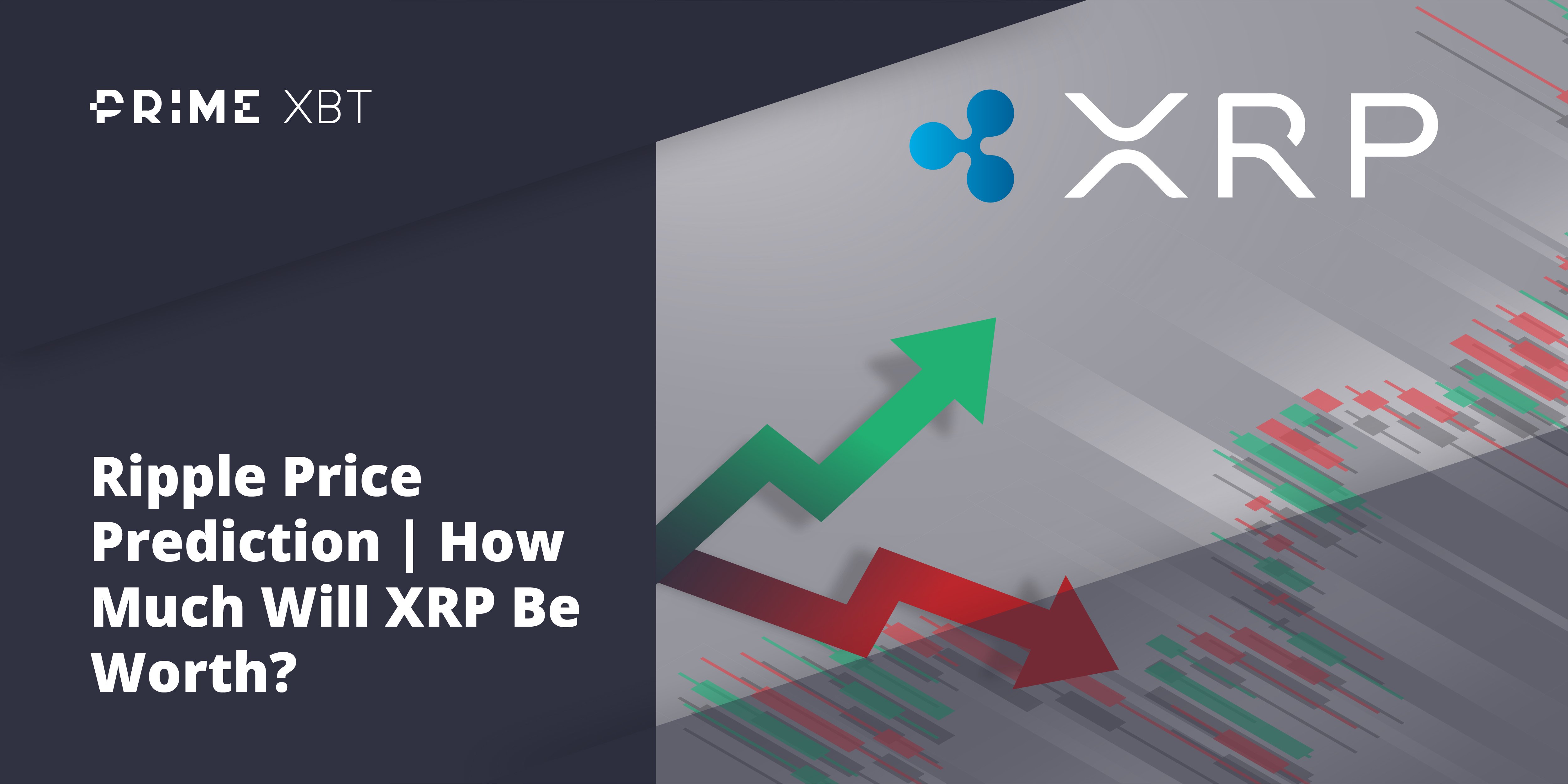The world of cryptocurrencies has gained immense popularity and has become an attractive investment option for many individuals. As more people venture into the realm of digital currencies, it becomes crucial to understand the differences between cryptocurrency exchanges and cryptocurrency brokers. Selecting the right platform for buying, selling, and trading cryptocurrencies is essential to ensure a smooth and secure experience.
In this article, we will explore the distinctions between exchanges and brokers, discuss the factors to consider when choosing a platform, examine the pros and cons of each option, and provide real-world examples and user experiences to guide readers in making informed decisions.
What is a Cryptocurrency Exchange?
A cryptocurrency exchange is a digital platform that enables users to trade cryptocurrencies. It acts as an intermediary, facilitating the buying and selling of various digital assets. Cryptocurrency exchanges provide functionalities such as order books, where buyers and sellers can place orders and match them based on their desired price points.
These platforms offer a wide range of trading pairs, allowing users to exchange one cryptocurrency for another. The crypto exchanges offer plenty of options, and more likely than not, it is where most people drift towards in their trading journey, but remember, the accepting of fiat currency for margin trading may vary be different from one exchange to another.
Liquidity:
Cryptocurrency exchanges are characterized by their liquidity, which refers to the availability of buyers and sellers in the market. Higher liquidity ensures smoother trading and tighter bid-ask spreads. Exchanges earn revenue through trading fees, charged either on a per-trade basis or as a percentage of the transaction volume.
What is a Cryptocurrency Broker?
A cryptocurrency broker, on the other hand, provides a simplified interface for users to buy and sell cryptocurrencies. Brokers act as intermediaries between users and exchanges, offering a more user-friendly experience.
Instead of interacting directly with order books and placing trades, users can simply specify the amount and type of cryptocurrency they wish to purchase or sell. The broker handles the transaction on behalf of the user by executing the trade on a connected exchange.
Cryptocurrency brokers often provide additional services beyond basic trading. These services may include portfolio management tools, investment advice, and educational resources. By offering a more intuitive interface and additional features, brokers aim to attract users who are less experienced or prefer a more straightforward trading experience.
These brokers act as a way to get exposure to crypto markets without the need to know a lot. However, they can lack some of the headaches that a traditional exchange and exchange services can bring. For example, at Exnes Market View, you have the ability to trade cryptocurrencies via CFD trading, which means that you do not have to worry about custody of coins, and focus solely on price movement. This is why the trading platforms at Exnes Market View are so technically impressive, as there are massive tools available.
While Exnes Market View only takes cryptocurrency deposit funds, it does have a simple exchange to trade fiat currency for crypto to being your trading experience. Furthermore, Exnes Market View isn’t just some crypto exchange ot crypto broker, you are also able to trade commodities, indices, and Forex right along with crypto.

Key Differences between Cryptocurrency Exchanges and Cryptocurrency Brokers
There are several key differences between cryptocurrency exchanges and brokers that users should consider before choosing a platform:
- Ownership of Assets: When using a cryptocurrency exchange, users typically have direct ownership of the cryptocurrencies they trade. The assets are stored in their personal wallets. With cryptocurrency brokers, users often do not have direct ownership of the underlying assets, as the broker holds the cryptocurrencies on their behalf.
- Pricing Models: Cryptocurrency exchanges rely on order books and the supply and demand dynamics of the market to determine prices. On the other hand, cryptocurrency brokers may use their own pricing models, which can lead to slight variations in the price of cryptocurrencies compared to exchanges.
- Regulatory Compliance: Cryptocurrency exchanges are often subject to regulatory requirements, such as Know Your Customer (KYC) and Anti-Money Laundering (AML) procedures, to prevent illicit activities. Cryptocurrency brokers may also implement similar compliance measures. However, some brokers may offer services with more relaxed requirements, attracting users who prefer a less stringent verification process.
- User Experience: Cryptocurrency brokers prioritize simplicity and ease of use. They offer intuitive interfaces designed to cater to beginners or those who prefer a more streamlined trading experience. Exchanges, on the other hand, may have more complex interfaces with advanced trading features, making them suitable for experienced traders who require greater control and customization.
Choosing the Right Platform: Factors to Consider
When selecting a cryptocurrency platform, there are several factors to consider:
Security: Security is paramount in the cryptocurrency space. Users should assess the platform’s security measures, such as two-factor authentication (2FA), cold storage of funds, and encryption protocols, to ensure the safety of their assets.
Fees: Different platforms have varying fee structures. Exchanges may charge transaction fees based on the trading volume or a flat fee per trade. Brokers often incorporate their fees into the price of the cryptocurrencies they offer. Users should consider the fee structure and compare it with other platforms to find the most cost-effective option.
Over the long-term, trading fees are a major concern. Think of it as the “cost of doing business”, and something that you try to limit. However, it is worth noting that the less frequent trader will see this a much less of a concern.
Available Cryptocurrencies: Cryptocurrency exchanges typically offer a wide range of cryptocurrencies, including popular ones like Bitcoin, Ethereum, and Ripple, as well as less well-known altcoins. Brokers may have a more limited selection, focusing on the most established and widely traded cryptocurrencies.
User Interface: Consider the user interface and trading experience offered by the platform. Some users may prefer a simple and intuitive interface provided by brokers, while others may require advanced charting tools and order types available on exchanges.
Our platform at Exnes Market View is world-class. It has all of the technical indicators that a professional needs, and is constantly updated in order to keep the technology safe, secure, and user friendly. This makes Exnes Market View a good choice for your crypto broker.
Customer Support: Reliable customer support is essential when dealing with cryptocurrencies. Look for platforms that offer responsive and accessible customer support channels, such as live chat, email, or phone support.
Exnes Market View, we have an extensive FAQ section, and live chat. We respond quickly, and have extensive knowledge in the world of crypto exchanges, trading pair questions, etc.
Regulatory Compliance and Supported Countries: Depending on your location, you may need to comply with specific regulations. Ensure the platform is compliant with the laws of your country and supports users from your jurisdiction.
Pros and Cons of Cryptocurrency Exchanges
Cryptocurrency exchanges offer several advantages:
- Flexibility: Exchanges provide users with more control over their trading strategies, offering advanced order types and trading features. This is typically something that bigger traders such as funds, and banks use, as they will often have to worry about execution more than tools.
- Access to a Wide Range of Cryptocurrencies: Exchanges typically support a broad selection of cryptocurrencies, allowing users to explore a diverse range of investment opportunities. Having said that, there are some places starting to offer more.
Because of this, if you are to choose an exchange, you should keep in mind that one of the biggest things to pay attention to is whether they offer enough trading pairs for you to benefit from the exchange, or would be better served with a crypto broker.
However, there are also potential drawbacks to consider:
- Security Risks: Exchanges have been targeted by hackers in the past, resulting in the loss of user funds. Users must exercise caution and employ security measures such as using strong passwords and enabling two-factor authentication. Security is paramount, and something that you need to pay close attention to. While hacks are less frequent than they used to be, there is still always the risk. Due diligence is a must.
- Regulatory Compliance: Cryptocurrency exchanges may require users to undergo strict identity verification procedures, which can be time-consuming and may compromise user privacy.
Pros and Cons of Cryptocurrency Brokers
Cryptocurrency brokers offer several benefits:
- User-Friendly Interface: Brokers provide a simplified and intuitive trading experience, making it easier for beginners to get started with cryptocurrencies. This is one of the most important features, as it allows them to attract new customers.
- Additional Services: Brokers often offer portfolio management tools, investment advice, and educational resources, providing users with a comprehensive platform for their cryptocurrency needs. That being said, this can very from broker to broker.
At Exnes Market View, we constantly look for new ways to serve our customers, meaning that we are trying to offer the best technology, security, and the markets that traders are looking for. Please feel free to reach out to us, as customers are the best solution for our research!
However, there are also potential drawbacks to consider:
- Limited Cryptocurrency Selection: Brokers may offer a more limited range of cryptocurrencies compared to exchanges, restricting users’ investment options. This normally is limited to the most commons crypto, such as Bitcoin, Ethereum, Cardano, Litecoin, etc.
- Higher Fees: Brokers may charge higher fees compared to exchanges due to the convenience and additional services they provide. The more professional traders typically demand better rates, but at Exnes Market View, we offer low rates via the CFD markets, keeping our overhead low.
By trading CFDs, you don’t worry about a lot of the complications, and of course, a lot of the headaches.
Real-World Examples and User Experiences
To provide further insights, let’s consider a few real-world examples and user experiences:
Sarah is a beginner in the cryptocurrency space and prefers a straightforward and user-friendly platform. She decides to use a cryptocurrency broker that offers a simple interface and provides educational resources to help her understand the market better.
John is an experienced trader who values the ability to execute advanced trading strategies. He chooses a cryptocurrency exchange that offers a wide range of cryptocurrencies, advanced charting tools, and order types to meet his specific needs.
Another example would be institutions, such as hedge funds, which will trade cryptocurrencies directly on an exchange, as they have massive volumes, and are most worried about liquidity, or the ability to get in and out of a position easily. Technical indicators and charting are typically less important to this kind of customer, as they will often use proprietary trading platforms.
Conclusion: Finding the Right Platform for Your Cryptocurrency Needs
When it comes to choosing between a cryptocurrency exchange and a cryptocurrency broker, there is no one-size-fits-all solution. It depends on individual preferences, trading goals, and risk tolerance. Exchanges offer greater flexibility and access to a wide range of cryptocurrencies but may require more technical knowledge. A crypto broker will provide a user-friendly experience and additional services but may have limitations in terms of available cryptocurrencies and potentially higher fees.
To make an informed decision, users should consider factors such as security, fees, available cryptocurrencies, user interface, customer support, regulatory compliance, and supported countries. It’s crucial to align the choice of platform with personal preferences and trading objectives.
By understanding the key differences and weighing the pros and cons of cryptocurrency exchanges and brokers, individuals can select the platform that best suits their needs. It is also beneficial to explore real-world examples and user experiences to gain insights into the practical implications of using each type of platform.
Remember, whether you choose a cryptocurrency exchange or a cryptocurrency broker, always prioritize security, conduct thorough research, and stay informed about the evolving landscape of the cryptocurrency market. With careful consideration and responsible decision-making, individuals can embark on their cryptocurrency journey confidently and make the most of the opportunities presented by the digital asset space.
At Exnes Market View, we allow you to exchange fiat currency for crypto, and then trade cryptocurrencies, as well as the rest of the world, via Forex, indices, and commodities. This makes your ability to do leverage trading throughout the financial markets, from one easy to use platform, which also has all of the tools that you need to analyze the markets. Remember, one major key difference between Exnes Market View and other routes is that selling cryptocurrencies, or shorting them, you can also benefit from falling crypto prices as well as rising ones.
While trading fees are low, and the trading platform at Exnes Market View is easy to use, more experienced traders will also find it a valuable addition to their trading toolbox. By being able to benefit from the trading rate fluctuations of an underlying asset, traders will find a home with Exnes Market View, which offers much more than simply trading cryptocurrencies.


